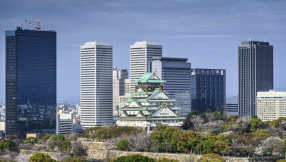India refuses to return Mother Teresas remains to Albania
Spokesman for India’s foreign ministry, Vishnu Prakash, said: “Mother Teresa was an Indian citizen and she is resting in her own country, her own land.”
Mother Teresa was born in Skopje, Macedonia, to an ethnic Albanian family. After some time in Ireland, she came in 1929 to the Indian city of Darjeeling where she taught at a girls’ convent, and finally settled in Calcutta where she worked with the city’s poor until her death in 1997. She was beatified in 2003 by pope John Paul II.
Albanian Prime Minister Sali Berisha wants her remains to be returned to Albania in time for the 100th anniversary of her birth next year.
In spite of India’s refusal, Mr Berisha has expressed his desire to negotiate with the Indian government.
“The governments of two states should talk about this in the near future,” he said.
The Missionaries of Charity said it was not aware of any attempts to have Mother Teresa’s remains removed from the simple tomb at its headquarters.
A spokesman for the Catholic Bishops’ Conference of India, meanwhile, urged the Indian government to consult the Church and the Missionaries of Charity.
Fr Babu Joseph said: “We would want her remains to be in India.”













